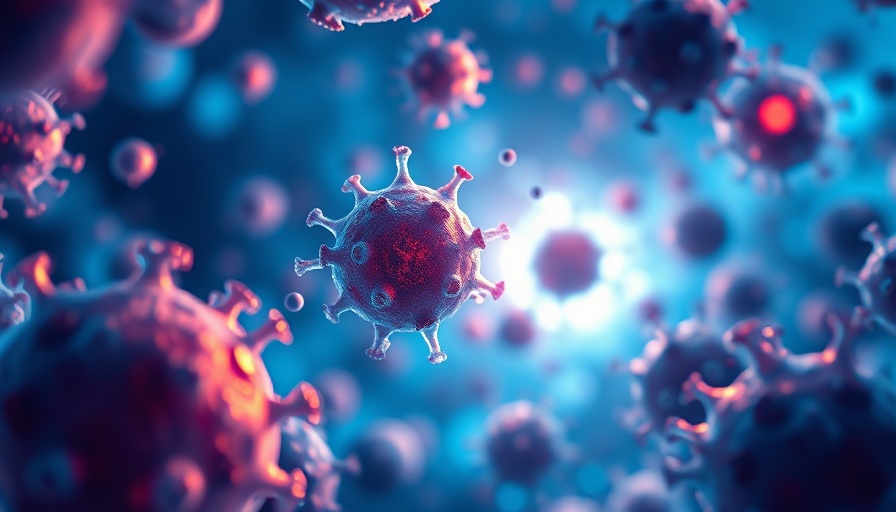
Revolutionizing Microbiology: How Spore.Bio's $23M Funding Will Reshape Testing Efficiency
In a remarkable stride towards efficiency in microbiology testing, Spore.Bio, a Paris-based startup, has successfully raised $23 million in a Series A funding round. This innovative company has developed an artificial intelligence-driven technology aimed at transforming traditional microbiology practices that have, until now, taken days to yield results. Founded in 2023 and spurred by the pressing need for swift pathogen detection, Spore.Bio is poised to provide solutions across multiple industries, particularly in food and beverage, pharmaceuticals, and cosmetics.
Streamlining Testing Processes in Critical Industries
Microbiology testing is crucial for safeguarding public health, especially in sectors where contamination can lead to costly recalls or severe health crises. Current testing methods often require samples to be taken offsite, leading to delays of five to twenty days for results. With Spore.Bio's AI technology, testing can be done onsite, retrieving results in mere minutes. This rapid turnaround not only mitigates the risks associated with contamination but also offers companies a competitive edge in quality assurance.
The Financial Implications of Food Recalls
The impact of slow microbiology testing spans beyond immediate safety concerns; it also encompasses significant financial ramifications. On average, the cost of a single food or beverage recall can reach $10 million, a figure that could escalate further when considering the repercussions on consumer trust and brand reputation. In 2023, the global food testing market was valued at a staggering $22.5 billion, with bacterial contamination comprising a significant portion of that market. By reducing the time needed for testing, Spore.Bio's technology could save businesses millions while enhancing food safety protocols.
Innovative Partnerships for Advanced Solutions
Spore.Bio is not only revolutionizing testing through its proprietary algorithms that detect pathogens using light wavelengths but is also securing strategic partnerships to expand its capabilities. A collaboration with the revered Pasteur Institute enables access to extensive bacterial samples, enhancing the efficacy of its AI models. This union marks a significant advantage as it prepares Spore.Bio for an expansive rollout to approximately 200 factories.'
Future Outlook and Industry Implications
Looking ahead to 2025, Spore.Bio aims to double its workforce and scale up production processes while tackling the complexities of commercialization. With a sound foundation in research and practical prototypes validated during their nascent stages, the company is on track for a broad market launch. As industries increasingly embrace AI technologies, Spore.Bio stands out as a beacon of innovation, demonstrating how sector-specific applications can lead to widespread change.
Amine Raji, Spore.Bio’s CEO, aptly summarizes the potential of AI in driving transformation across scientific fields. As this technology matures, its influence on industries reliant on microbiological testing will become increasingly profound, heralding a new era of rapid response to contamination concerns and bolstering overall public safety.
Conclusion: Embracing Change and Innovation
As executives, managers, and decision-makers seek actionable insights for integrating AI into their operational strategies, Spore.Bio’s recent advancements serve as a compelling case study. By staying informed on breakthroughs like Spore.Bio's, industries can better navigate their microbiology testing needs while ensuring consumer safety and maintaining trust.
 Add Row
Add Row  Add
Add 




Write A Comment